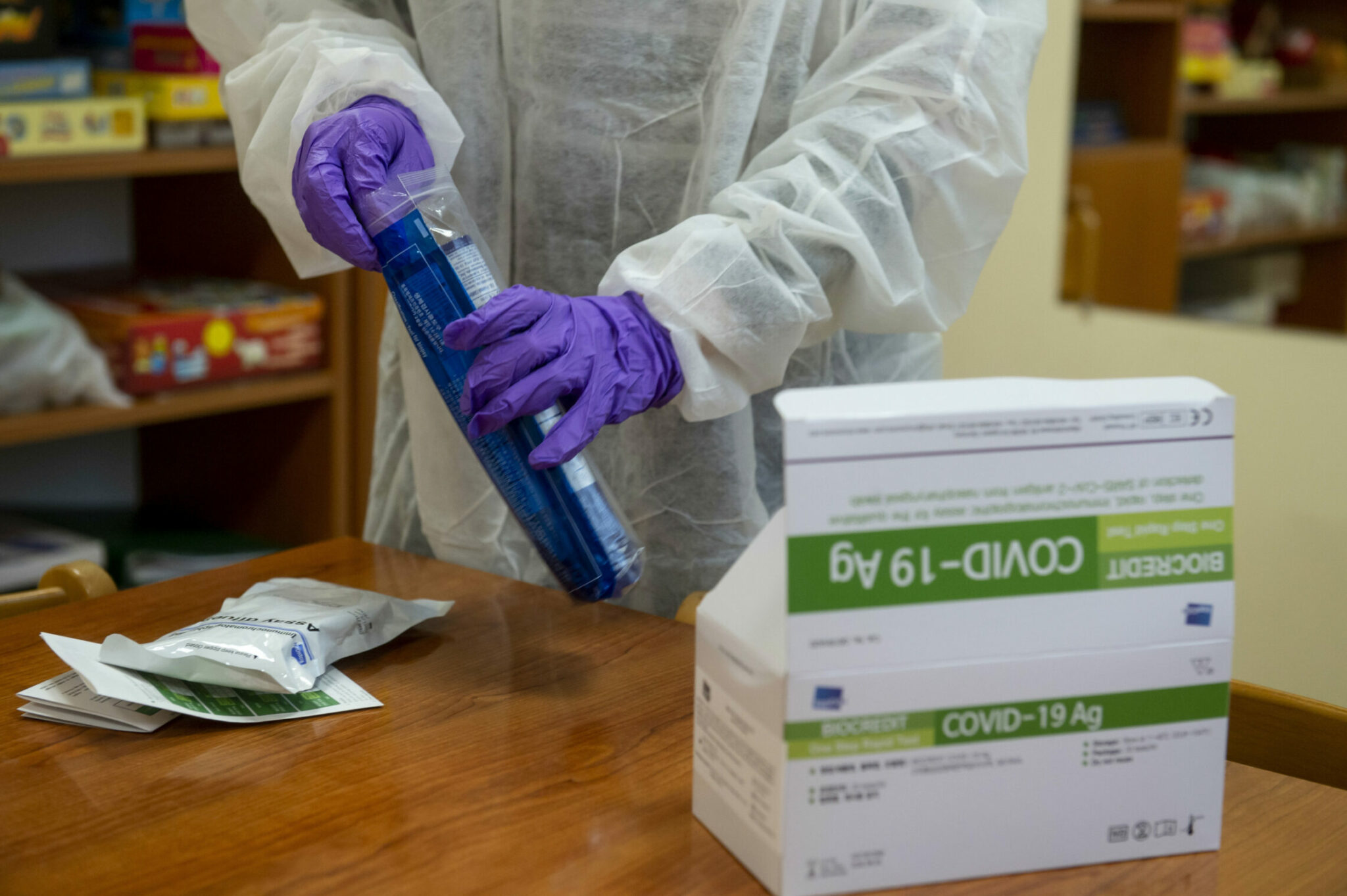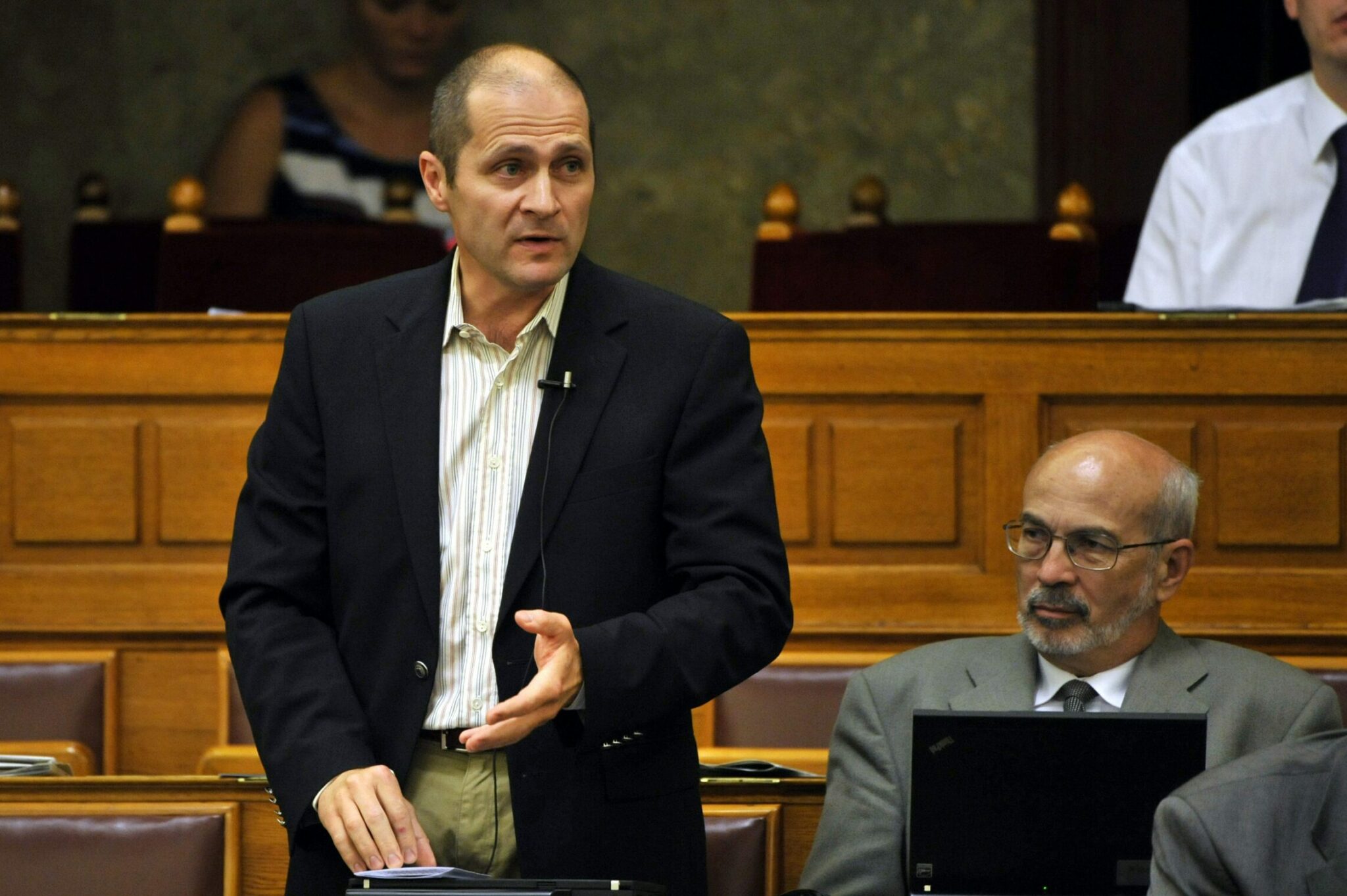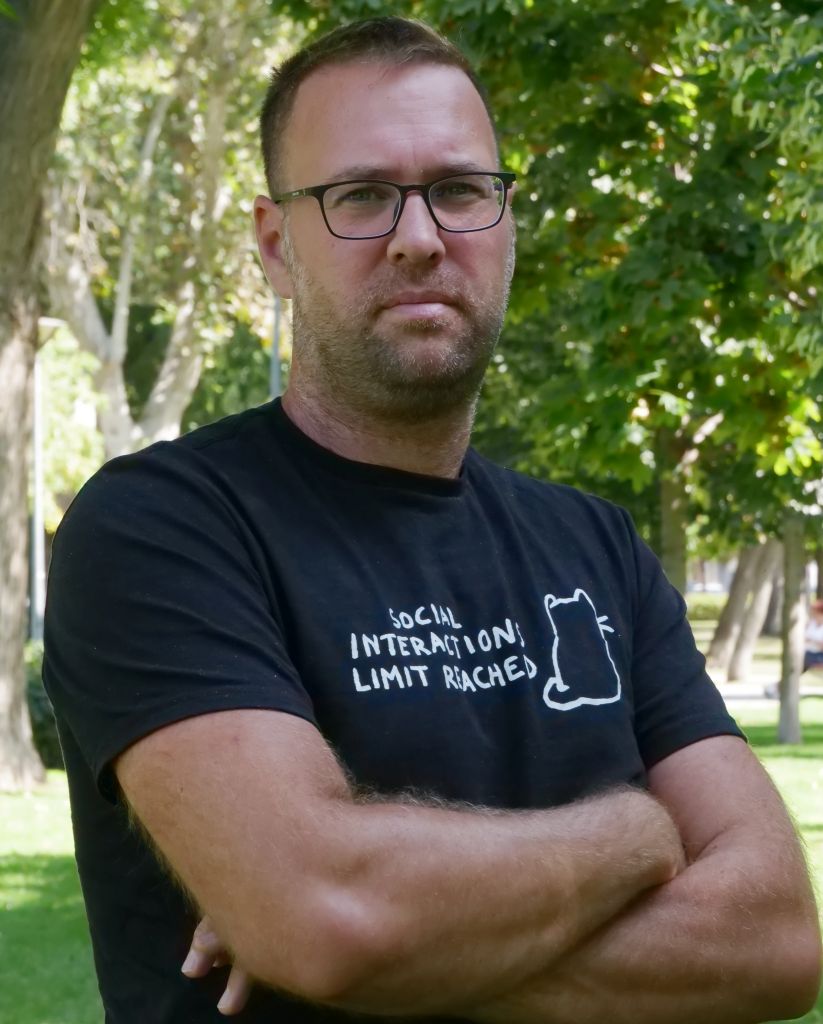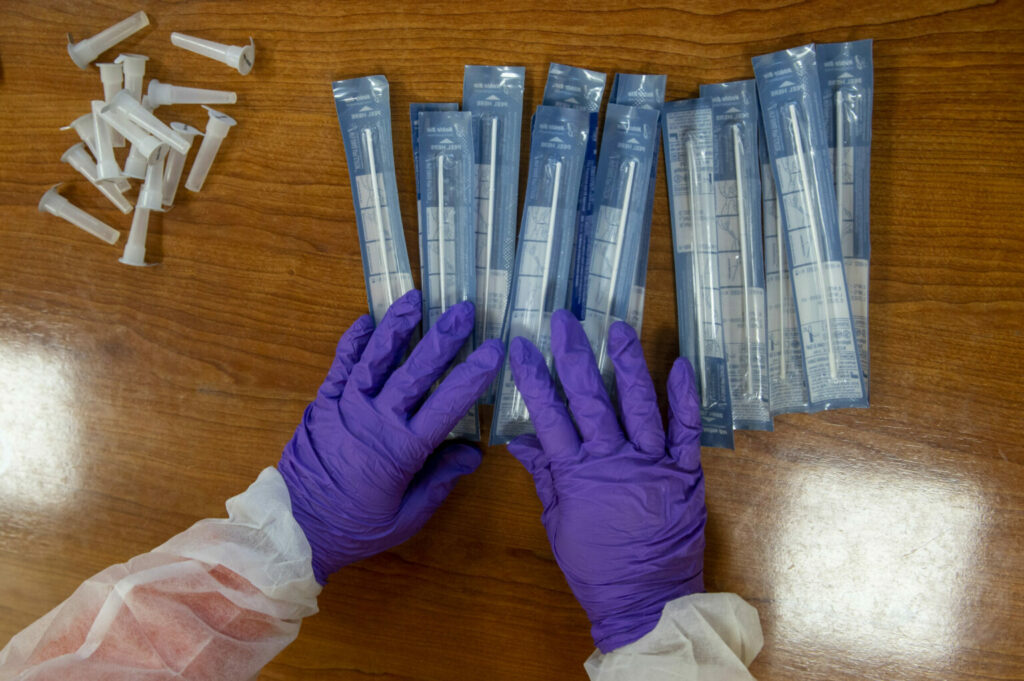The https://english.atlatszo.hu use cookies to track and profile customers such as action tags and pixel tracking on our website to assist our marketing. On our website we use technical, analytical, marketing and preference cookies. These are necessary for our site to work properly and to give us inforamation about how our site is used. See Cookies Policy
A Fidesz manager appeared, one week later, so did a HUF1.5 billion order from the Hungarian government
In 2009, then-Fidesz politician András Kupper was indignant. “Even in a global pandemic, the government wants to make money off of sick people?” he asked in Parliament, and then he spoke out against the 40 percent profit realized on a flu vaccine. Fast forward to a new global pandemic. During COVID -19, Kupper’s indignancy seemed to have made way for jubilation when the company headed by the former Fidesz politician received a HUF1.5 billion contract. In the end, the company closed the year 2020 with a 49 percent profit and a dividend of nearly HUF800 million. Another detail of the hundreds of billions spent without public procurement by the government under Covid.
“The COVID-19 pandemic impacts the management of Rayrai Ltd, but it does not cause any material uncertainty as to the continuation of the business,” wrote the appendix of the 2020 accounts of Rayrai Ltd (now Steriflow Ltd). The actual impact of the pandemic was never detailed – bizarre, considering the unprecedented amount of money that blessed the company during the pandemic.

Rayrai Ltd. is one of the companies that the government poured public money into without a public procurement, citing pandemic as an exceptional circumstance. The company was contracted by the State Health Care Supply Centre (SHSC) in 2020.
During the pandemic, the government spent HUF722 billion without public procurement. The individual expenditures are listed in a 1464-line table, which was processed by Átlátszó. We have written about these expenditures in several previous articles, including:
- A chatbot that was supposed to help with coronavirus-related issues but knew nothing about coronavirus.
- The National Blood Service run by Zsolt Bayer’s wife that spent billions on buying PCR tests from a company owned by Bayer’s acquaintances.
The National General Directorate for Hospitals (OKFŐ) spent the most – HUF127 billion – on exempted purchases. The Ministry of Foreign Affairs came in at a strong second place with HUF116 billion, and the State Health Care Supply Centre (ÁEEK) nipped into third with HUF87 billion well spent – HUF20 billion went to rapid antigen tests, for example.
No previous revenue
ÁEEK had contracted seven companies, with the value of each contract ranging from HUF400 million to HUF1.7 billion. Six of the companies had some sort of revenue in 2019; Rayrai Services Ltd, on the other hand, had no revenue in 2018 or 2019. Even without any turnover – or indeed, any meaningful sign of life at all – Rayrai found themselves involved with ÁEEK’s antigen test orders.
The public healthcare provider signed the contract with Rayrai on November 24, 2020, for the supply of 500,000 BIOCREDIT-branded rapid antigen tests.
At HUF3,100 per test, the entire supply was worth HUF1.5 billion in total – a pleasant change for the previously revenue-less company, undoubtedly.

A medical student from the University of Debrecen prepares a testing swab, branded Biocredit, in a preschool on November 25, 2020.
Enter stage right: Kupper, the Fidesz company director
As of October 21, 2020, the company had been owned by S.P.I.N. Ltd. On November 16, 2020, András Kupper became the company’s registered owner – just eight days before the ÁEEK contract. Kupper then became part-owner of Rayrai Kft. on April 27, 2021, which had been majority owned by Q-Tron Ltd since January 2021.
Kupper has been a Fidesz member since 1991. He was a Member of Parliament between 2006 and 2014, and a member of the Health Committee. From 2007, he was a member of the Board of the National Electoral Committee, and from 2012 to 2014, he was a member of the Culture and Press Committee. Simply put, the man loves a good membership.

Photo: Former Fidesz MP Kupper debates the animal breeding laws in the National Assembly. On the right, Tamás László, Fidesz MEP (MTI Photo: Attila Kovács).
“Even in a global pandemic, the government wants to make money off sick people?”
So asked Kupper in 2009 when he addressed the Health Minister in the National Assembly during the MSZP administration.
In his speech, he asked: “Why is the Institute for Health Supply Management earning nearly one billion forints from the two million new flu vaccines?” He continued: “How did this amount come about? Let’s do the math. For the two million vaccines placed on the market, the Institute for Health Supply Management, which has been granted wholesale rights, is the exclusive distributor.
They add a margin of at least 40 percent,
which leaves us with HUF460 per capsule – nearly a billion forints for two million vaccines.”
But his opinions seemed to have done a 180-degree turn since then.
The ÁÁEK signed a contract with the company, which enjoyed HUF zero revenue for years, a week after the Fidesz politician became its CEO. It is fortunate for Kupper that many years have gone by since 2009, which gave him ample opportunity to overcome his personal gripes with the morality behind a pandemic industry and the high margins.
In fact, Rayrai Services Ltd. had a revenue of HUF1.78 billion in 2020 – the ÁEEK contract accounted for HUF 1.55 billion of that total. According to the company’s supplementary annex, the “Acquisition value of goods sold” was HUF879 million
– which means that everything was sold at a 49 percent profit.
Ah! If we revisit Kupper’s previous complaints in 2009 – which we will do, as any good detectives would – we will find that this is 9 percent higher than the 2009 margins that caused Kupper so much agony.
In 2020, Rayrai Services Ltd. made a profit of HUF801 million on revenues of HUF1.78 billion, of which the owners took out dividends of HUF795 million. In 2021, the company’s turnover fell to HUF8 million, and it plummeted further in 2022 to HUF459 thousand.
We asked the legal successor of ÁEEK – OKFŐ – why they bought tests from the then-revenue-less Rayrai Ltd for HUF1.5 billion. We also wrote to András Kupper to ask him about his 2009 statement and how he came into contact with ÁEEK. We received no reply from either source.
Translated by Vanda Mayer. The original, Hungarian version of this story was written by Csaba Segesvári and can be found here.

